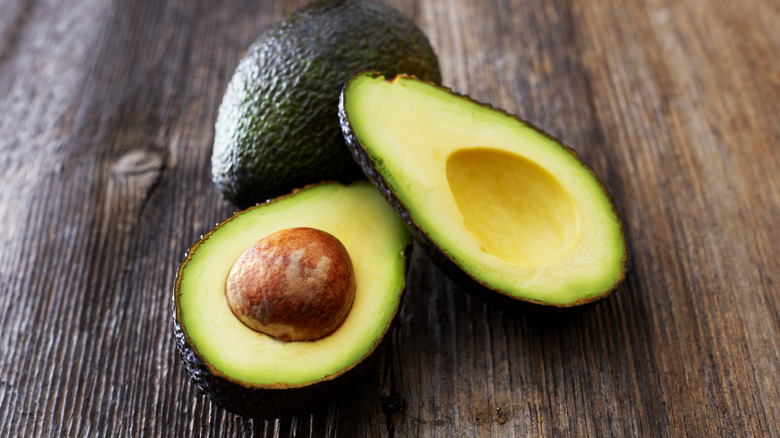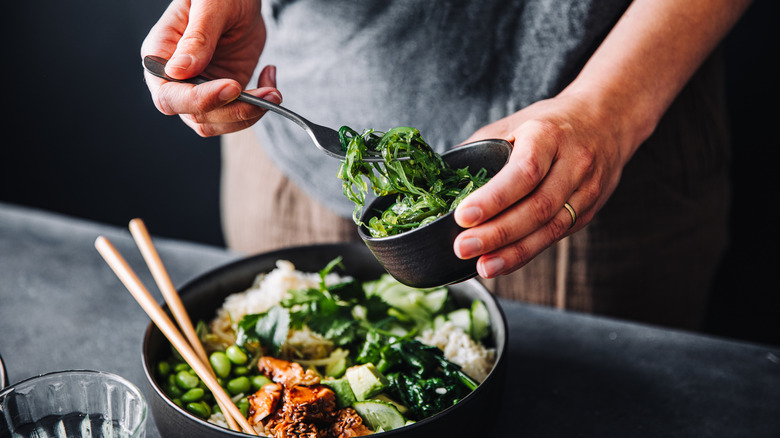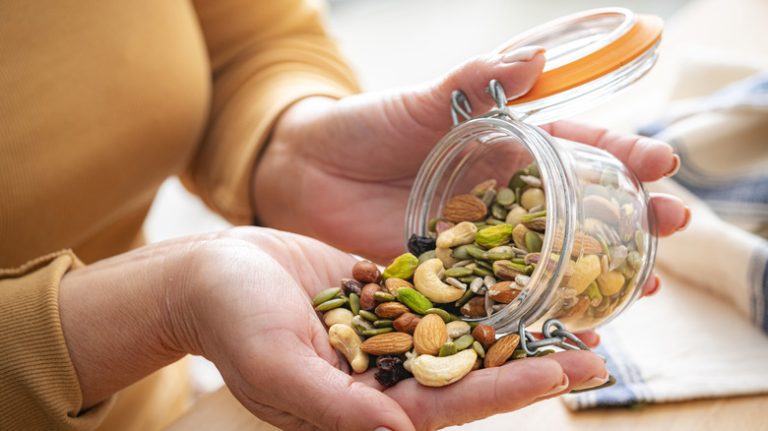When you opt for a low-carb diet, you’re likely aware that bread, pasta, and rice are no longer part of your meals. Instead, you might choose snacks like string cheese or beef jerky to manage your hunger. But what about fruits and vegetables? Starchy ones such as potatoes, corn, peas, and yams are typically avoided. Additionally, if you’re aiming to keep your carb intake low, fruits like bananas, mangoes, and grapes are usually not recommended.
If you’re not careful, a low-carb diet might leave you lacking the fiber necessary for maintaining regularity in your digestive system. Fiber also nourishes the beneficial bacteria in your gut, and the American Medical Association notes that a healthy gut microbiome is crucial for your immune system, metabolism, and mental well-being.
However, going low-carb doesn’t mean you have to eliminate fruit altogether. Lena Bakovic, a Registered Dietitian Nutritionist at Top Nutrition Coaching, who specializes in gut health and weight management, suggests opting for low-carb fruits like berries. These fruits are not only gut-friendly but also provide essential nutrients.
“Berries are generally low in carbohydrate content and high in fiber,” Bakovic explained in a NCPIC interview. “The fiber acts as a prebiotic, fueling our beneficial gut bacteria and contributing to a healthier microbiome.” Additionally, the antioxidants in berries can aid in reducing inflammation in the gut. Bakovic also recommends other low-carb fruits that can support your digestive health.
Consider low-carb fruits like tomatoes, avocado, and kiwi

Although you might categorize tomatoes as vegetables, they are technically fruits because their seeds are inside the flower of the plant. While tomatoes might not be suitable as a low-carb snack, they can add some juiciness to your bunless burger or favorite omelet. “Tomatoes have a low carbohydrate content and naturally contain antioxidants like lycopene and vitamin C, which have anti-inflammatory properties, ultimately optimizing and positively affecting the gut lining,” Bakovic said.
Avocados also fall into the fruit category, and Bakovic points out that this low-carb fruit is rich in fiber and plant-based fats that promote health. “The healthy fats in avocados benefit gut health by supporting cellular membrane functions within the gut,” she said. “The fiber in avocados, acting as a prebiotic, helps fuel beneficial gut bacteria and promotes a healthy microbiome.” A half-cup of sliced avocado provides 5 grams of fiber and 9 grams of healthy fats.
Bakovic also includes kiwi in her recommendations, even though they contain more carbs compared to other low-carb options. A half-cup of kiwi has more than 10 grams of net carbs but can enhance your gut health. “Kiwis offer fiber, vitamin C, and actinidin, an enzyme that aids digestion,” she explained. “This combination of nutrients can help maintain or improve the gut microbiome, reduce inflammation, and optimize digestive processes.”
Avoid artificial sweeteners and include a fiber supplement while on a low-carb diet

While you can incorporate some of these low-carb fruits into your diet, certain foods might not be beneficial for your gut. Although packaged foods can be low in carbs, the artificial sweeteners they contain might not be good for your gut health. A 2025 review in Diseases examined the potential impact of certain artificial sweeteners on your gut microbiome. Aspartame may increase gut bacteria associated with insulin response and weight gain. Sucralose, when combined with acesulfame K, has been found to promote inflammation and lead to an imbalance in gut bacteria in lab studies. Stevia has shown minimal effects on gut health in human studies.
A low-carb diet can enhance your gut health if you focus on low-glycemic and high-protein foods, according to a 2024 study in Open Life Sciences. Participants followed a low-carb diet that restricted their carb intake to 25% of their daily calories, consuming eggs or other protein sources and non-starchy vegetables at each meal. They also included a fiber supplement, along with high-protein bars and shakes, to increase their protein intake. After four weeks, participants not only lost weight but also improved their gut microbiome, preventing weight gain and reducing inflammation.
“`




